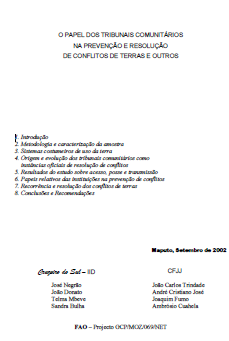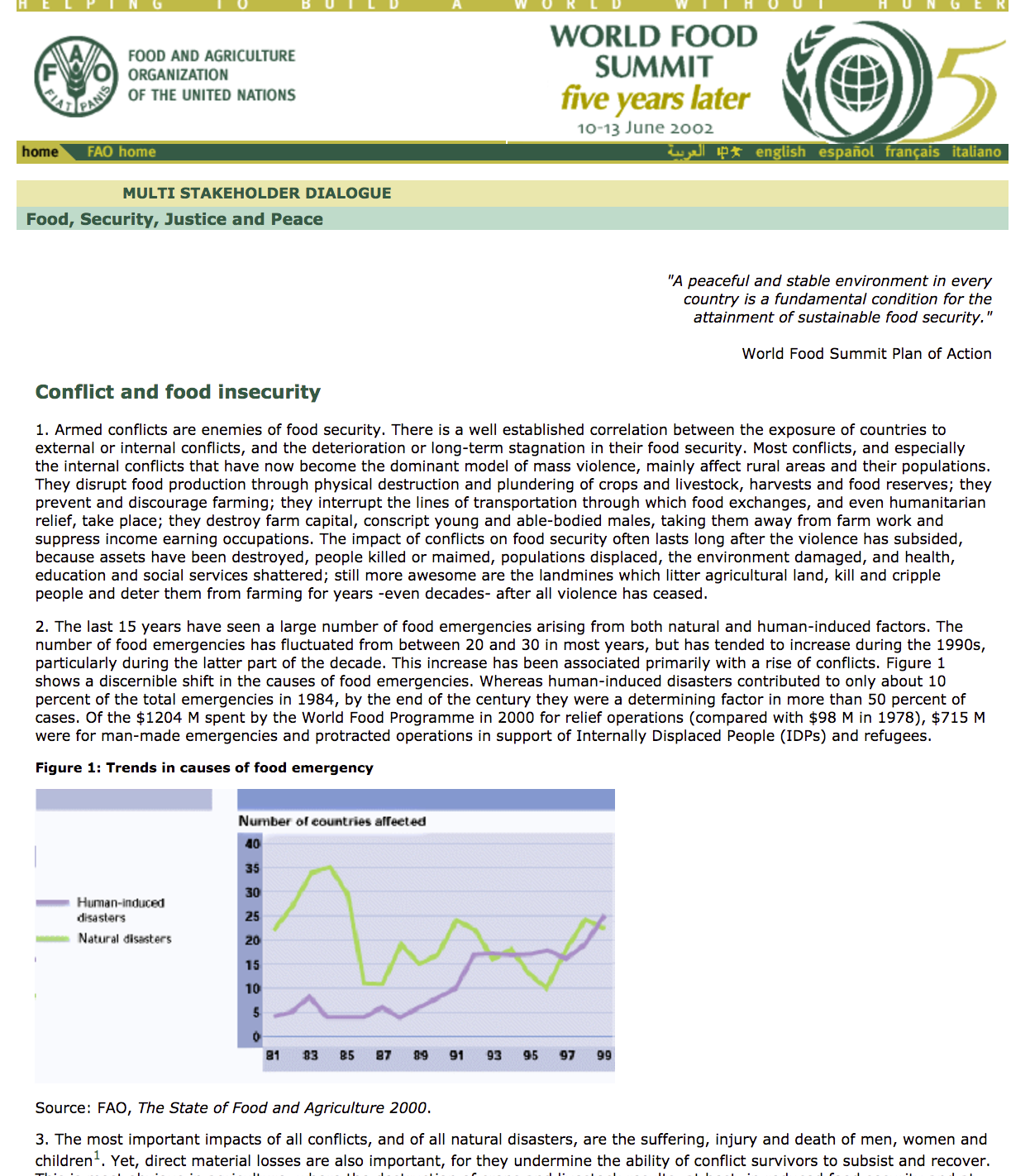Women's Informal Employment in Transition Economies
Women's employment in transition countries, notably Central and Eastern Europe has become increasingly informal and flexible. The first growing trend is that women are more involved in cross-border trade, known as 'suitcase' trade, often keeping women away from home for days or months. They buy mainly consumer and household goods usually unavailable in their home countries, to sell to street vendors on their return home. The second growing trend is women's involvement in sub-contracting, particularly work such as hand sewing for the textile and shoe industries.







